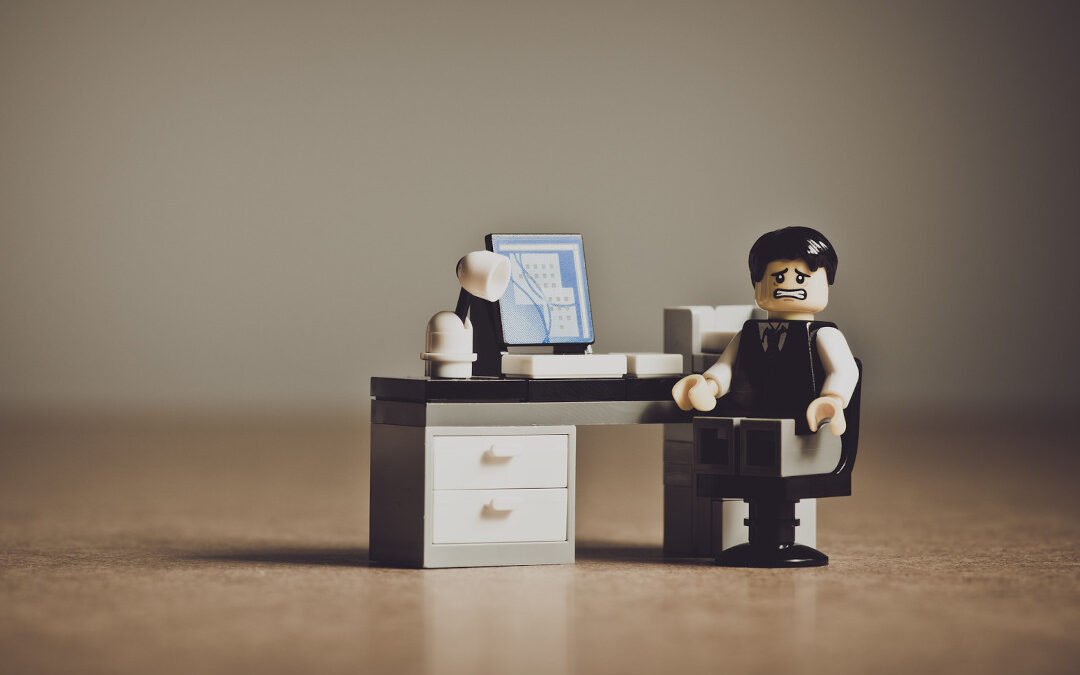In the lead up to the release of her book When The Light Goes Out, Dr Lisa Myers, Sydney-based psychiatrist and author, sat down with us to discuss the lasting impact of the COVID-19 pandemic on our return to the workplace. With rising numbers of employees resistant to returning to full-time hours in professional spaces, we spoke on why the shadow of the pandemic still lingers and how employers can support their returning colleagues in overcoming its grip.
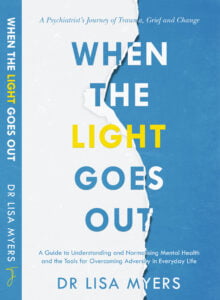
When The Light Goes Out by Dr Lisa Myers.
On Pre-Order Now!
The idea that COVID-19 has—and continues to—change the landscape of workplaces worldwide is nothing new. Media and news outlets across the first and second world climates have warned for months of the devastating impact the pandemic has wrought on the workforce and their resilience for returning to full-time hours in professional settings. According to the ADP Research Institute, over 50 per cent of Australia’s working population (including 54 per cent of 18-24 year olds and 65 per cent of 25-34 year olds) would consider seeking new employment if they’re expected to return to full-time hours in a workplace. Yet, with lockdowns and isolation laws now drifting into the past, many employers and institutions question the longevity of their impact. Just when will their workers be fit to return?
“Covid was a globally-experienced trauma,” says Dr Lisa Myers, a holistic psychiatrist here in Sydney and author of the upcoming book When The Light Goes Out, “and the impact of trauma can be delayed.” Sitting down with Dr Myers in an interview this week, we discussed the state of adrenaline humans encounter when confronted with emergencies or a chronic state of insecurity. Whilst large numbers of us may have spent time at home during lockdowns and isolation periods, these weeks (or months) of confinement have been far from relaxing. Kept in a hyper-state of awareness, wondering what safety measures, new restrictions, or vaccination requirements tomorrow might bring, Dr Myers likens the experience to the loss of a loved one; to the experience of grief. “When a loved one passes, it can take months for the emotional impact of that loss to be truly felt.” In the chaos of funeral arrangements and practical considerations, the emotional stress of the situation doesn’t truly settle until you’re given the time to start breathing again. And COVID-19 has finally begun to let us breathe.
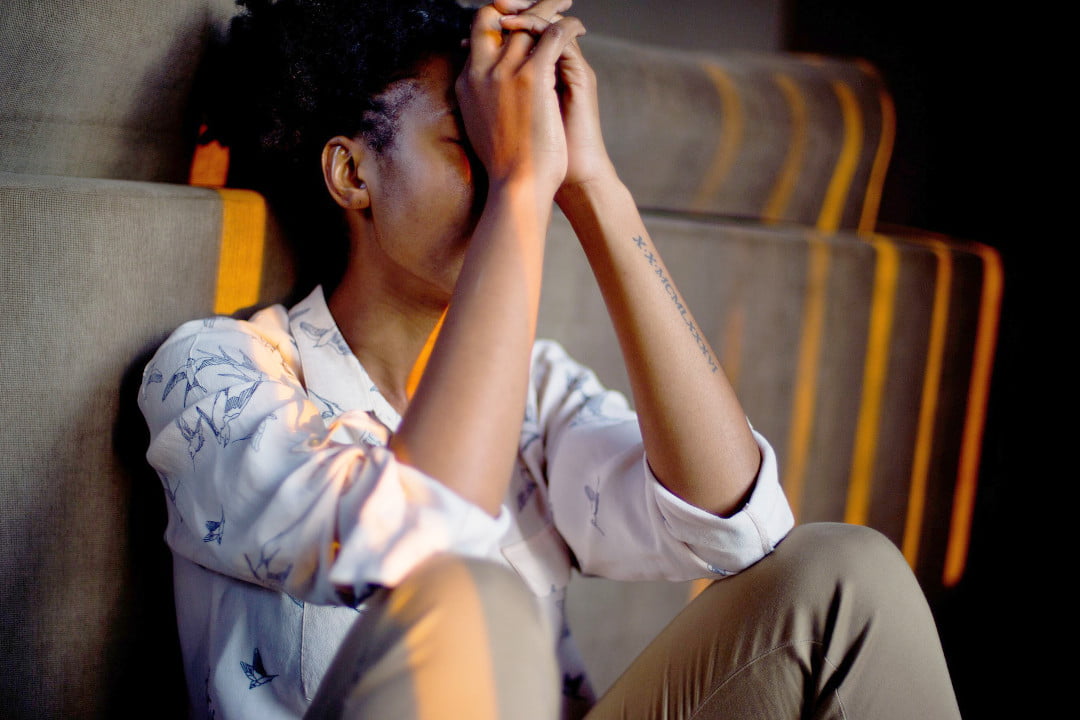
When the trauma is over, delayed emotional reactions are allowed to come to the surface.
Climbing the Mountain Together: Dr Lisa Myers discusses how to inspire a return to the workplace post-COVID-19.
Photo courtesy of Pixabay.
Combating insecurity
As we talk about the lessening of practical restrictions against COVID-19, Dr Myers reminds us that many are still in the grip of insecurity. One region may no longer have isolation rules but what of another? Which establishments, transports and states require masks? Will everything spin on a dime with the next new medical report and send us back to extreme safety measures?
With a combination of delayed, emotional trauma and a state of perpetual insecurity, it’s no wonder that large numbers of us are anxious about returning to working environments that often hold their own additional stressors and challenges.
“For a lot of people,” Dr Myers points out, “the fear of returning to a professional workspace is driven by a lack of desire to be there.” This sounds like an obvious statement but we unpick the idea in more depth. Many of us are, unfortunately, are less than enamoured with our place of daily grind. Be it a bleak aesthetic environment, difficult colleagues, demanding bosses, or under-stimulating responsibilities, many simply don’t wish to be at work. And this was an issue long before the COVID-19 outbreak. “Only now,” Dr Myers explains, “those who disliked their work before the pandemic don’t have the persistence left to force themselves up and out the door.”

COVID-19 has raised awareness that all can struggle with mental health. Those who find it challenging to maintain a healthy mental state are not alone.
Climbing the Mountain Together: Dr Lisa Myers discusses how to inspire a return to the workplace post-COVID-19.
Photo courtesy of Pixabay.
Silver lining
So, what are the solutions to so dire a circumstance? With a delayed traumatic response, a continuous atmosphere of anxiety and now the lack of gumption to bite the bullet and put on the uniform? It seems a hopeless case. “Did lockdown get lifted too early?” I ask Dr Myers. “Not because of precautions against catching the virus itself but for the impact on our mental health? Should we have all stayed at home longer: processed, strengthened and, to quote an earlier metaphor, grieved our pre-Covid lives?”
“No.” Dr Myers is firm on this point. “To pass through any kind of trauma requires an effort to live a normal life. But there are considerations that can be put in place.”
In a beautifully optimistic turn, Dr Myers explains that the COVID-19 pandemic has come with a silver lining. “People are more aware of mental health now, specifically in how it relates to work. And there’s a shared validation for those who are suffering.” When caught amidst a shared trauma, those struggling with their mental health can feel more vindicated; more able to speak up and say “no, not today.” For those who suffer from anxiety or invisible disabilities, feeling alone in the climb can make the mountain near insurmountable. Knowing that everyone else is suffering alongside you can lighten the burden and make it less harrowing to raise a hand and admit to finding life taxing.
“Unfortunately, that feeling of shared experience is now waning,” Dr Myers warns, describing how new patients are arriving at her offices, some with unrealistic expectations for themselves: as if they should be “better” now that the stress of COVID-19 is either fading away or becoming part of their normal lives. This can only exacerbate our formula of trauma and stress. Those who feel shamed by their mental health are more likely to make mistakes in addressing it and guarantee a higher number of sick days.
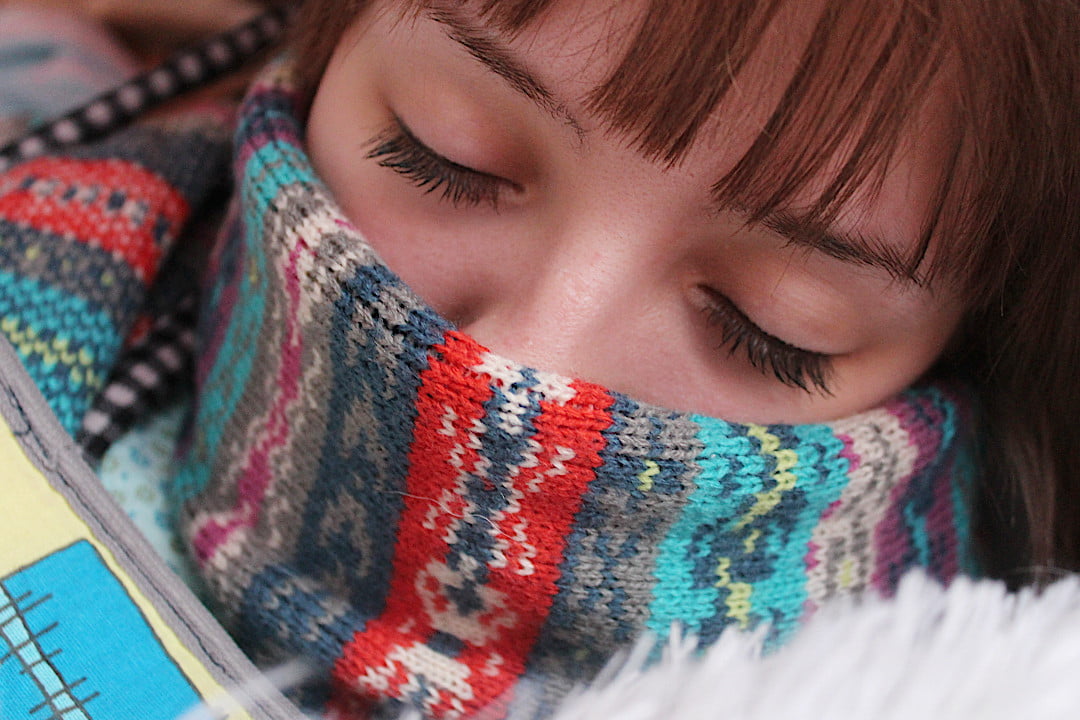
Increases in stress, anxiety and mental health disorders has seen an increase in sick days and absences since most returned to work.
Climbing the Mountain Together: Dr Lisa Myers discusses how to inspire a return to the workplace post-COVID-19.
Photo courtesy of Pixabay.
Supporting staff in a return to the workplace
So, is that the key to encouraging the populace back to their professional settings? Encouraging fellowship and fostering understanding? For Dr Myers who works predominantly with children, it’s always the key.
“Employers can encourage their staff with a combination of acceptance and support,” she says. “Transition is hard so simply accepting that your employees might want more time to adapt or will need to take more sick days is one thing. But simply saying “sure” and waiting for them to return in their own time isn’t always helpful and can make someone feel even more alone.” Instead, Dr Myers recommends accepting an employee’s self-diagnosis but in a way that builds steps forward. “When I’m treating a child unable to attend regular school, I never force them into class. But every strategy we employ to help them is always aimed towards eventual reintegration.”
So, what can employers do to inspire reintegration for their staff?

A pleasant work environment is more powerful than it might initially seem.
Climbing the Mountain Together: Dr Lisa Myers discusses how to inspire a return to the workplace post-COVID-19.
Photo courtesy of Pixabay.
“They can make their work environment pleasant to be in,” Dr Myers advises. This might sound shallow or a flimsy attempt at employment vanity but the mental benefits of a pleasant environment are well-documented and regularly trotted out during periods of mental health crises. Be it artwork on the walls, optimum levels of natural light or the benefits of lush greenery, all have been proven to support the happiness and health of the workers surrounded by their appeal. These mental boosts, however, don’t need to be grand or expensive. A clear desk space, a well-placed lamp, or a brightly coloured pen pot can lend to the effect. Dr Myers also recommends activities or healthy past-time benefits. “Some workplaces offer yoga sessions or money off at the local gym.”
“It’s just a shame,” she adds, “that many employers offering these perks are rarely taken up on them.” Like every one of us who has vowed to stick to our diet and then stopped off for a Maccas on the way home, it’s hard to find the motivation to engage with what will make us healthier, even when it’s offered.
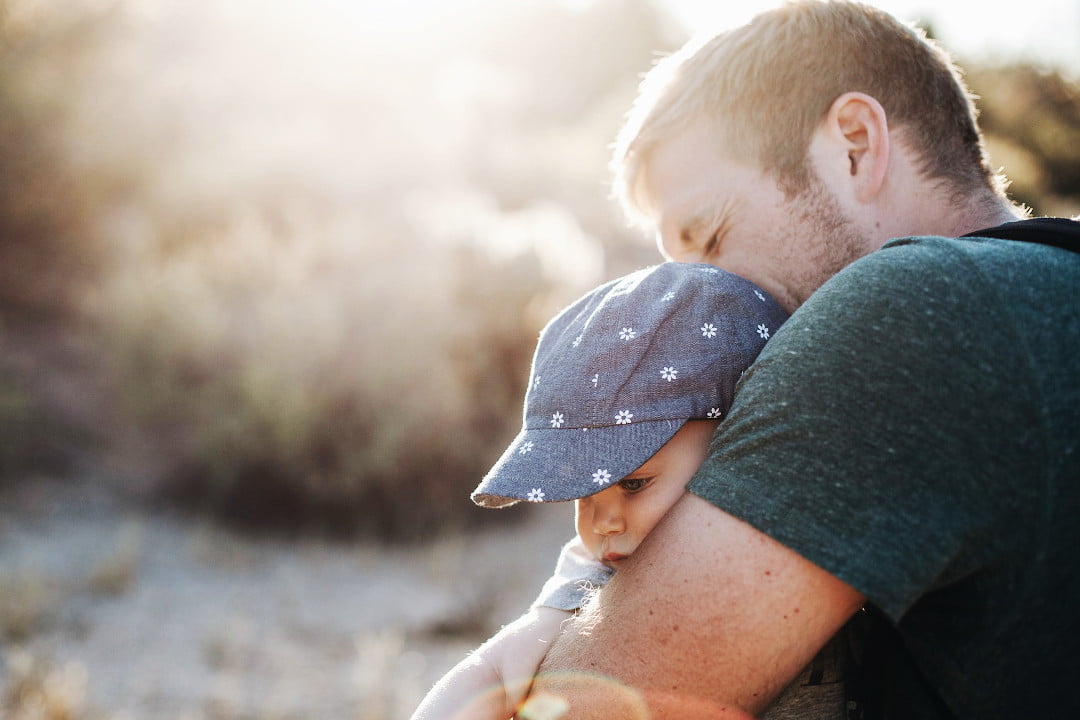
Being sensitive to difficulties is important but not enough. We must also be constructive.
Climbing the Mountain Together: Dr Lisa Myers discusses how to inspire a return to the workplace post-COVID-19.
Photo courtesy of Pixabay.
A sense of hope
Are we all, then, doomed to this cycle of poor productivity? Employees unable to go to work, employers offering all they can and yet neither connecting with the other? Dr Myers doesn’t think so. In fact, our entire interview is underpinned by a sense of hope and determination. We will get there, she seems to be saying. So long as we don’t forget the lessons COVID-19 has taught us, we will get there. If we bear these ideas in mind and try to proactively support one another, the tide will slowly turn back in the direction of working environments.
So, to those 50-64 per cent struggling with the idea of returning to work: try to remember you’re not alone. To those looking to improve their offices and tempt employees back into the fold: don’t give up. If each group reaches out from their own vantage and seeks to support the other, our bright, green, pleasant-smelling offices will soon be full again. Not because the daily grind calls us, but because we, as human beings, all wish to contribute to a place and space in which we feel valued and safe.
To learn more about overcoming adversity in every day life and the trials of building a normal, healthy state of mind, check out Dr Lisa Myers’ upcoming release: When the Light Goes Out. Pre-order your copy, today. The first 200 copies will be signed by the author herself.
For more on mental wellbeing in Australia, check out Australia Post’s postcards for mental health initiative.

